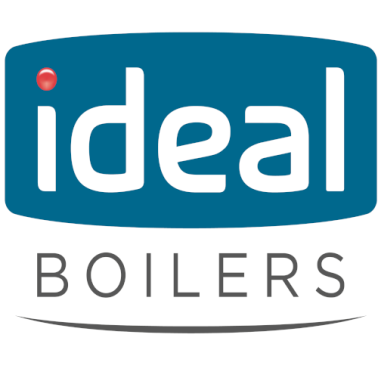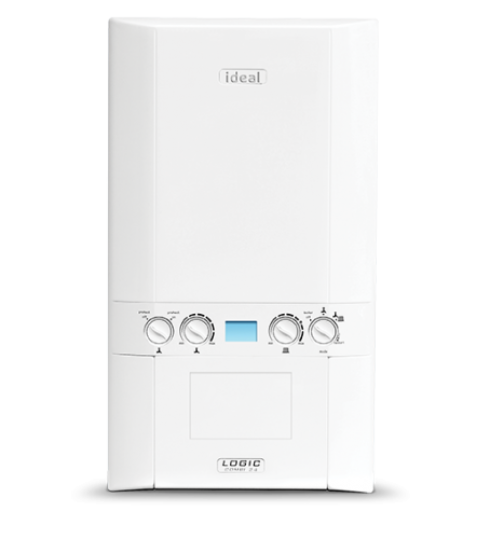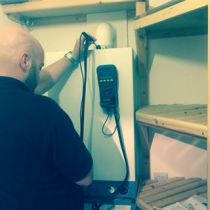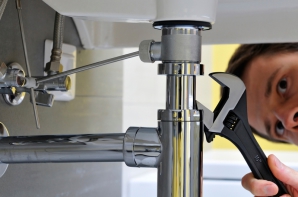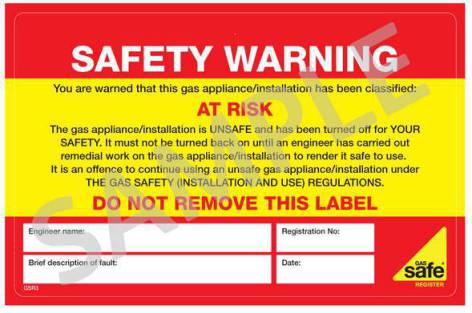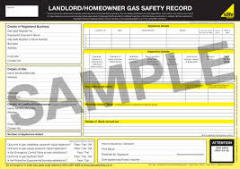Landlord Gas Safety Certificate Glasgow
Are you a Glasgow landlord and just received your landlord's gas safety inspection? Are you looking at the notes at the bottom of your
certificate, wondering what they mean?
We will talk you through the most common faults on Gas Safety Certificates and what they mean;
there are three classifications.
The first is Not to Current Standards ( NCS ). This will generally mean that when your appliance or installation was installed, it was
okay, but as regulations have been updated over the years, it has changed. Your appliance no longer meets the criteria. In this case, your appliance can be left on with no further action being taken
as long as it is safe, we always recommend it is brought up to standard, but it may not be viable. The following types of faults would fall under NCS, no electrical bonding at the meter, no FSD on
the hob or cooker, and the flue not sealed internally. If you have an NCS issue with an appliance that has just been installed, have the engineer re-attend to rectify faults, as it should not have
been left like this.
The second is At Risk (AR), which is more serious; this can be where one or more faults may cause danger to life or property. This
requires urgent attention, and faults or repairs should be rectified to ensure the gas appliance becomes safe to use again. When the installation or appliance falls under this scenario, the appliance
will be labelled At-Risk, and the tenant or homeowner will be advised not to use it. The following type of faults would fall into this category, boiler flue fitted in a void with no access hatches to
inspect the void, gas pipework located in cavity wall, pipework showing signs of corrosion or damage but passes tightness test, if your boiler has been given this classification on your landlord gas
safety certificate, then it must not be used and brought up to standard as soon as possible.
The last is Immediately Dangerous ( ID ). This is the most serious of them all, and with your permission, your gas appliance will be
disconnected from the gas supply and a warning notice filled out. In this case, you will not have a choice to use or not to use, and if permission is refused to disconnect the gas appliance, then the
gas supplier can shut the gas off going into your property. The typical examples of this situation are a gas appliance spilling carbon monoxide or staining on the wall beside the appliance, a gas
leak found on the appliance or pipework above an acceptable level, boiler flue blocked if the issue is related to a gas escape then the Glasgow gas emergency number should be called to investigate
further, after this it will require the works to be carried out to bring back up to standards and new landlord gas safety certificate issued.
If you have had any faults listed on your gas safety certificate or know you have any, then contact us, and we can advise you on
how to proceed. We deal with these faults daily in Glasgow when dealing with gas safety checks for landlords and letting agents.


